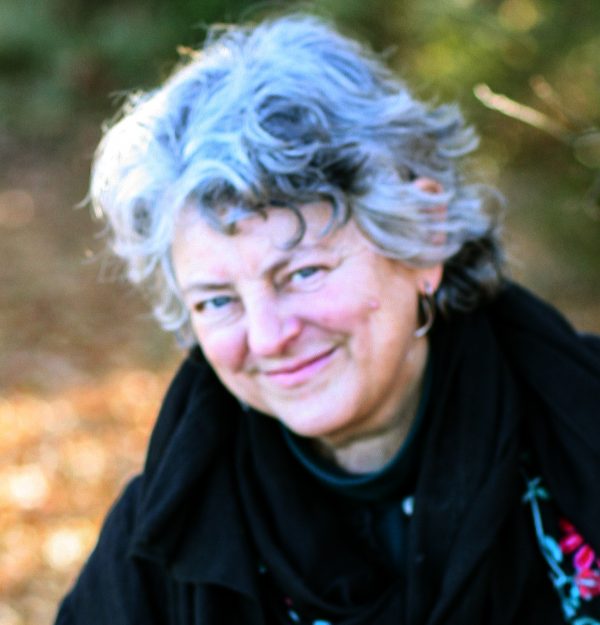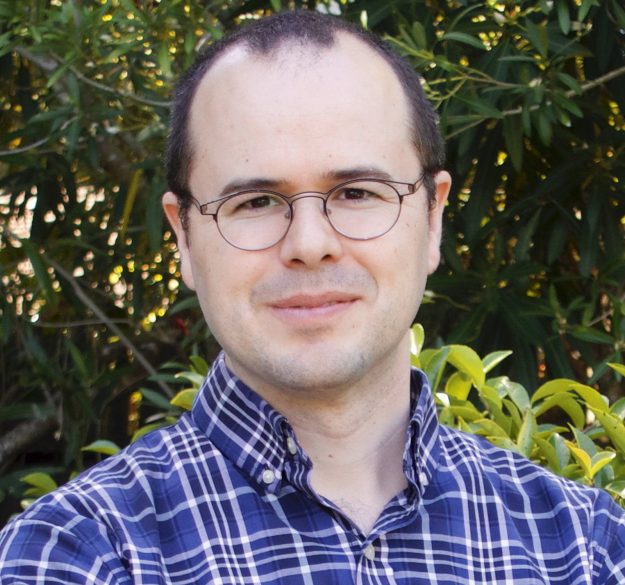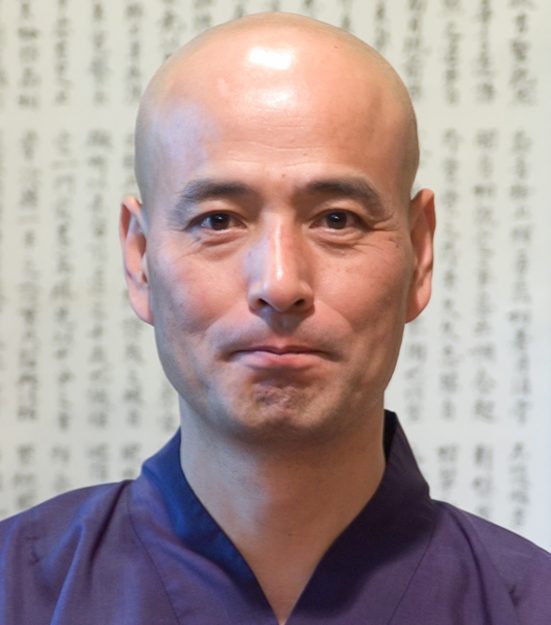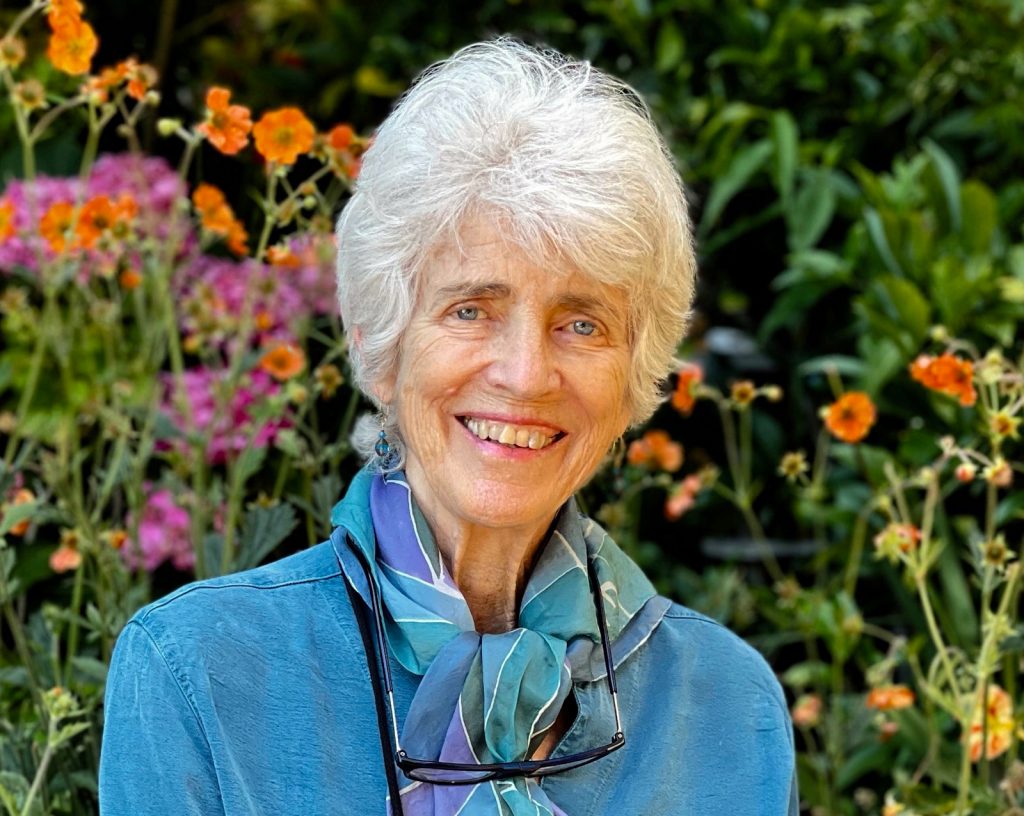Susan Moon
Lay dharma teacher Susan Moon has practiced in the lineage of Shunryu Suzuki Roshi since 1976. She is the author of several books, including The Life and Letters of Tofu Roshi and This Is Getting Old: Zen Thoughts on Aging with Humor and Dignity. In an excerpt from her latest book, Alive Until You’re Dead, Moon struggles with the ways we think about death. “Death is outside of time,” Moon writes. “It takes the person who dies out of time, and it took us, the living, out of time, too, for a while that was neither long nor short.”

PAMELA GAYLE WHITE
Pamela Gayle White is a contributing editor to Tricycle. As a dharma teacher and translator, she has taught in Europe and North America and continues to translate Tibetan teachings for Bodhi Path, a global organization of centers founded by the 14th Shamarpa. She completed her training as a chaplain in Philadelphia and central Virginia, where she now resides with her dog, Philomène. In “Where the Buddhist Chaplains Are,” White looks at the challenges and rewards of being a Buddhist chaplain in America. “The ability to remain open and present is the mark of good chaplains everywhere, but for Buddhists it’s a calling card,” she writes.

TRENT WALKER
Trent Walker is a lecturer on religious studies at Stanford University. He specializes in Southeast Asian Buddhism, including ritual, manuscript, and translation cultures in Cambodia, Laos, Thailand, and Vietnam. Walker earned his PhD in Buddhist Studies at the University of California, Berkeley, and also served as research director of the Khmer Manuscript Heritage Project, an initiative of the Buddhist Digital Resource Center to digitize over 10,000 manuscripts in Cambodia. In his article “Dharma Songs to Stir and Settle,” he explores dharma songs, little known in the West but “an integral facet of Buddhist life among Khmers in Cambodia and in diaspora communities.”

SHOHAKU OKUMURA
Shōhaku Okumura Roshi was born in Osaka, Japan in 1948 and ordained as a Zen teacher in 1970. Currently he is the abbot of Sanshinji (Three Minds Temple) in Bloomington, Indiana. He is also the founder and guiding teacher of the Sanshin Zen Community, founded in 1996. As a scholar, he focuses on making the vast and largely untranslated Zen canon accessible to Western audiences. In this issue, he discusses the poetry of Eihei Dogen, whose lyrical work was relatively unknown even in Japan. Its recent rediscovery “opened a new horizon in the world of Japanese literature,” Okumura writes.
Thank you for subscribing to Tricycle! As a nonprofit, we depend on readers like you to keep Buddhist teachings and practices widely available.
